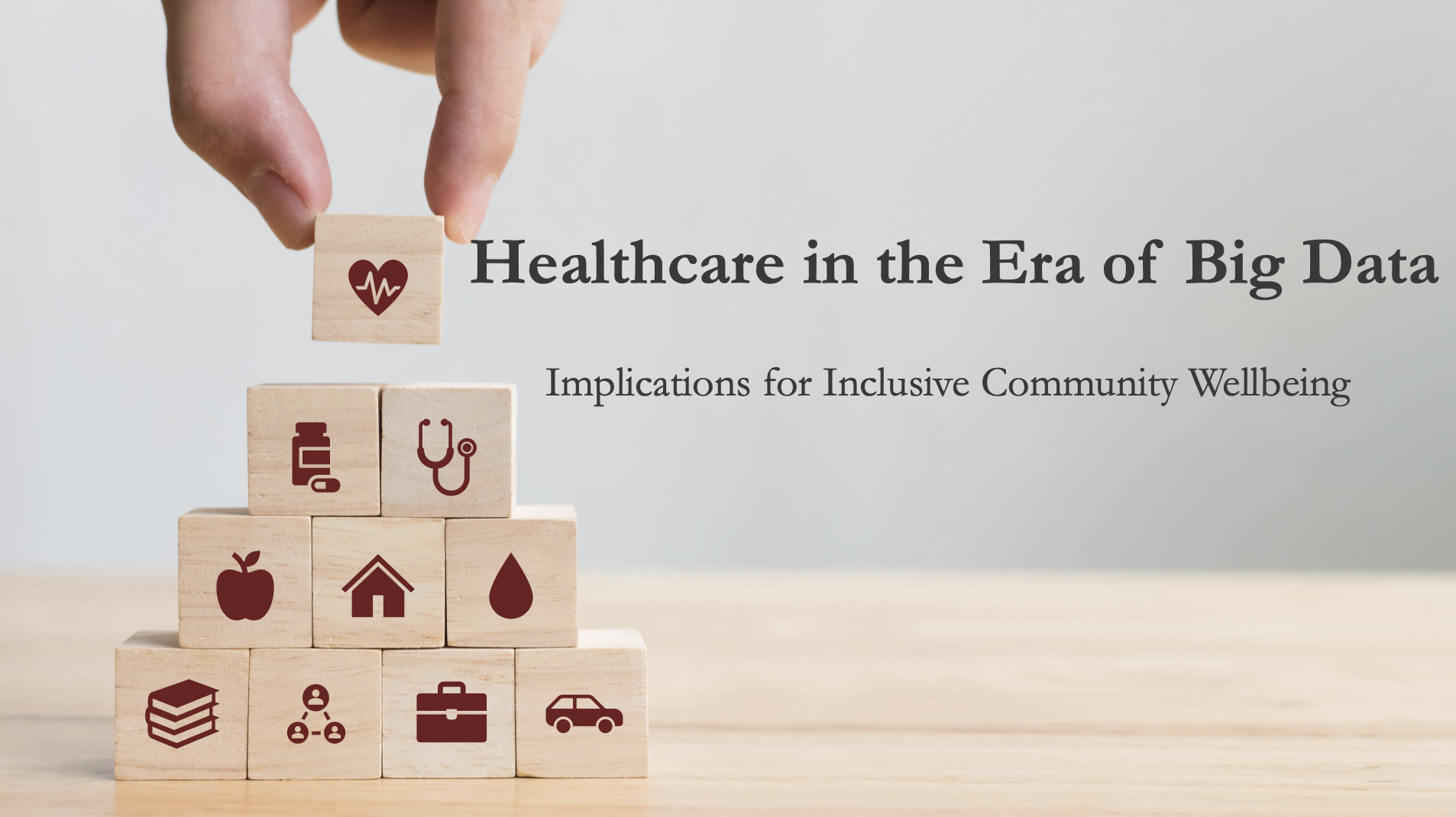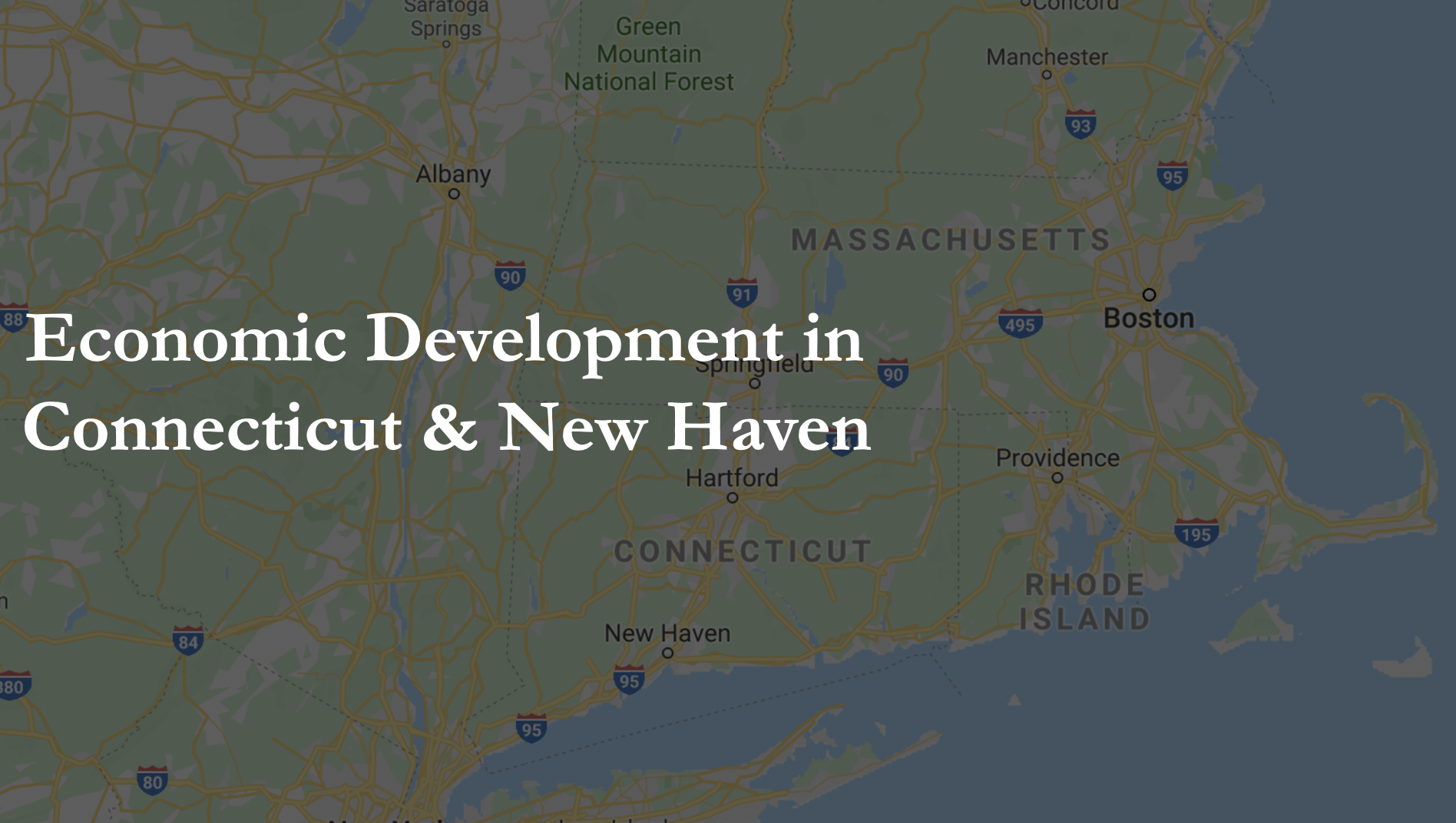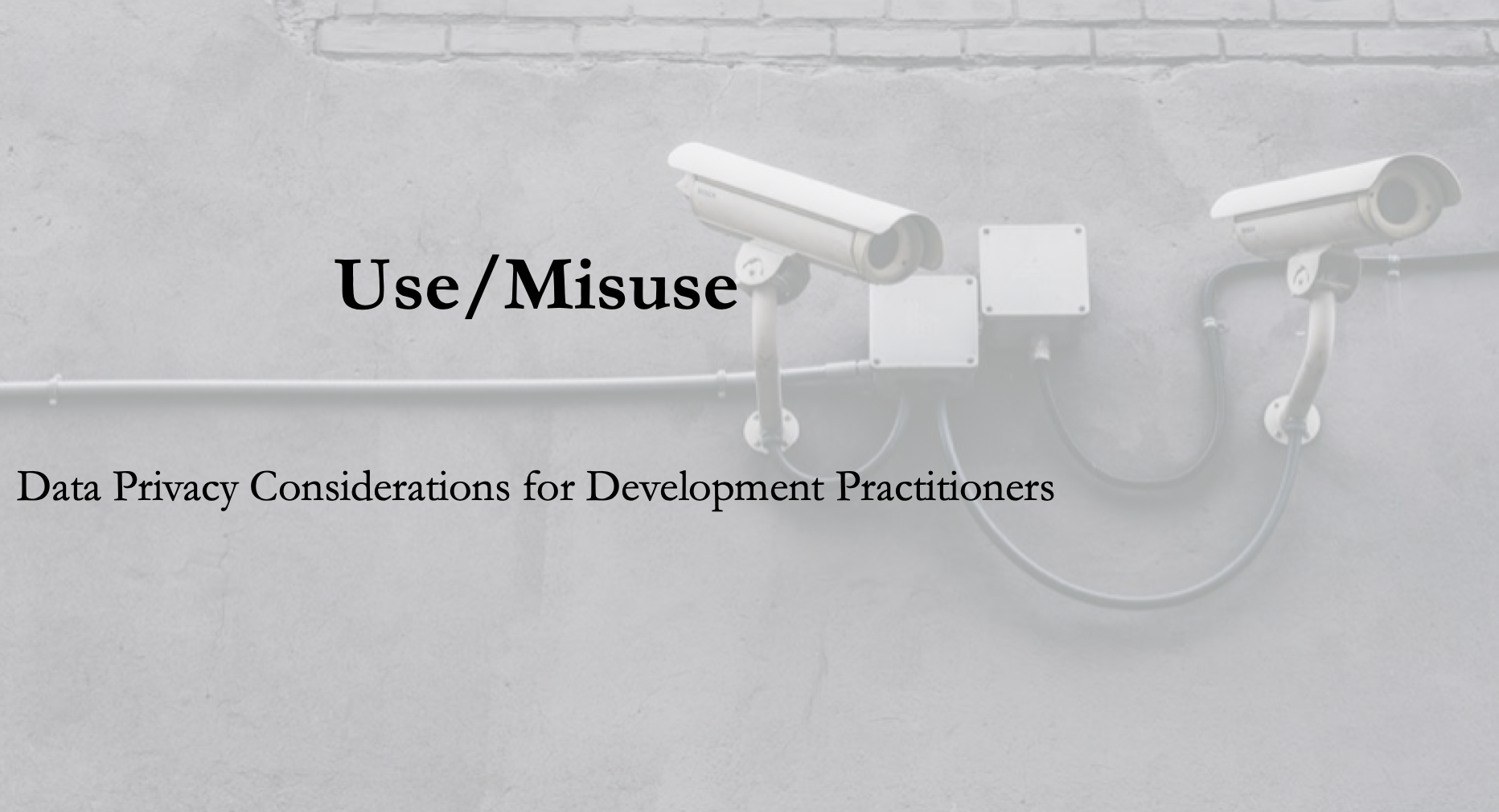
Josh Wright is the Executive Director at ideas42, a leading behavioral design firm. Josh previously headed up the Office of Financial Education and Financial Access at the United States Department of the Treasury. Previously, Josh held positions at the Center for Community Change, Booz Allen and Hamilton’s Commercial Management Consulting business, and was a Senior Executive at Bertelsmann’s Random House, Inc.
He has extensive experience in the for-profit, non-profit, and public sectors; industry experience in financial services, media and entertainment, housing, and youth development; and functional expertise in business strategy, new business development, and new venture creation.
Josh has also been a visiting lecturer at the Princeton Woodrow Wilson School, serves on the World Economic Forum Global Agenda Council on Behavior, and is a frequent public speaker on applied behavioral science. He holds a BA in Economics from Wesleyan University and an MBA from the Yale School of Management.

Research has shown that the “conditions in which people are born, grow, live, work, and age” are critical determinants of current and future health. This session will take a deep dive into these conditions, or social determinants of health, and how organizations are using innovative approaches to collect, analyze, and use data about these determinants to improve access to care and outcomes for vulnerable populations. Our panelists come from a variety of healthcare fields to discuss how the private sector, large non-profits, and community organizations are collaborating to promote health and equity in their communities.

Rohingya refugees have faced unprecedented discrimination and violence in Myanmar, forcing hundreds of thousands to resettle in Cox’s Bazar, Bangladesh, now the world’s largest refugee camp. This session will dive into this crisis to better understand the unique challenges faced by the Rohingyas in Bangladesh and by researchers seeking to collect and disseminate data in delicate political environments. Researchers will also share recently collected data that provides deep insights on the impact that the crisis has had not only on the refugees but the communities they are now living in.

A panel demonstrating the use of sensors to generate data relevant to optimizing the needs and demands of a modern municipality. We will discuss what specific urban problems, such as pollution and traffic, are most addressable by IoT-based sensors. We will further discuss how cities have framed and designed their smart city initiatives, what metrics they have formulated to interpret data from these initiatives, and how this data has informed policy. This session can consist of a panel of speakers describing existing pilots in leading cities like Singapore or New York as well as an open space to showcase sensor technology.

The panel will introduce different methods for working with data such as: script (random trials); big data, AI and machine learning; and qualitative or non-objective data. Panelists will be chosen to represent a unique model. Each Panelist will draw upon projects or research to explain at a high-level what each type of data analysis does. Panelists will come from different disciplines at Yale or the business sector.

There is considerable buzz around “outcomes based financing” models as innovative tools to incentivize outcome achievement. We will deeply engage with prominent examples of those tools from a diverse set of perspectives across the implementation spectrum. Panelists will examine the central role of data in executing outcomes based arrangements and discuss the opportunities and challenges this trend present for development.

How does development happen in a local context? We will use the specific case studies of Connecticut and New Haven during this session to describe how a post-industrial state is looking to develop opportunities that allow their cities to remain economically competitive yet balance the constraints of gentrification and housing affordability. We will discuss the uses of opportunity zones and transit-oriented development to incubate talent and encourage development. This session may take the shape of a moderated forum with community stakeholders ranging from state and city officials to community advocacy groups to commercial developers and to Yale.

Data-driven economic development initiatives often require widespread collection of personal information. What are the primary ethical factors practitioners must consider when designing and implementing their programs and activities? How can the development community protect individuals, particularly those in vulnerable populations, from violations of privacy and abuses of power? How do we effectively educate beneficiaries of economic development on data rights and consent? In this session, representatives from the private and nonprofit sectors will discuss how those at the forefront of economic development can effectively wield the power that comes from having unfettered access to the sensitive information of vast numbers of people, and how they can do better.

A look at how data is being used in policymaking on a macro-scale. Think UN SDGs or ADB Strategy 2030. Could potentially dive into the use of AI as a policymaking tool for governments and multilaterals.









